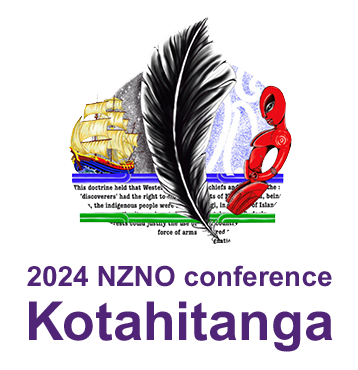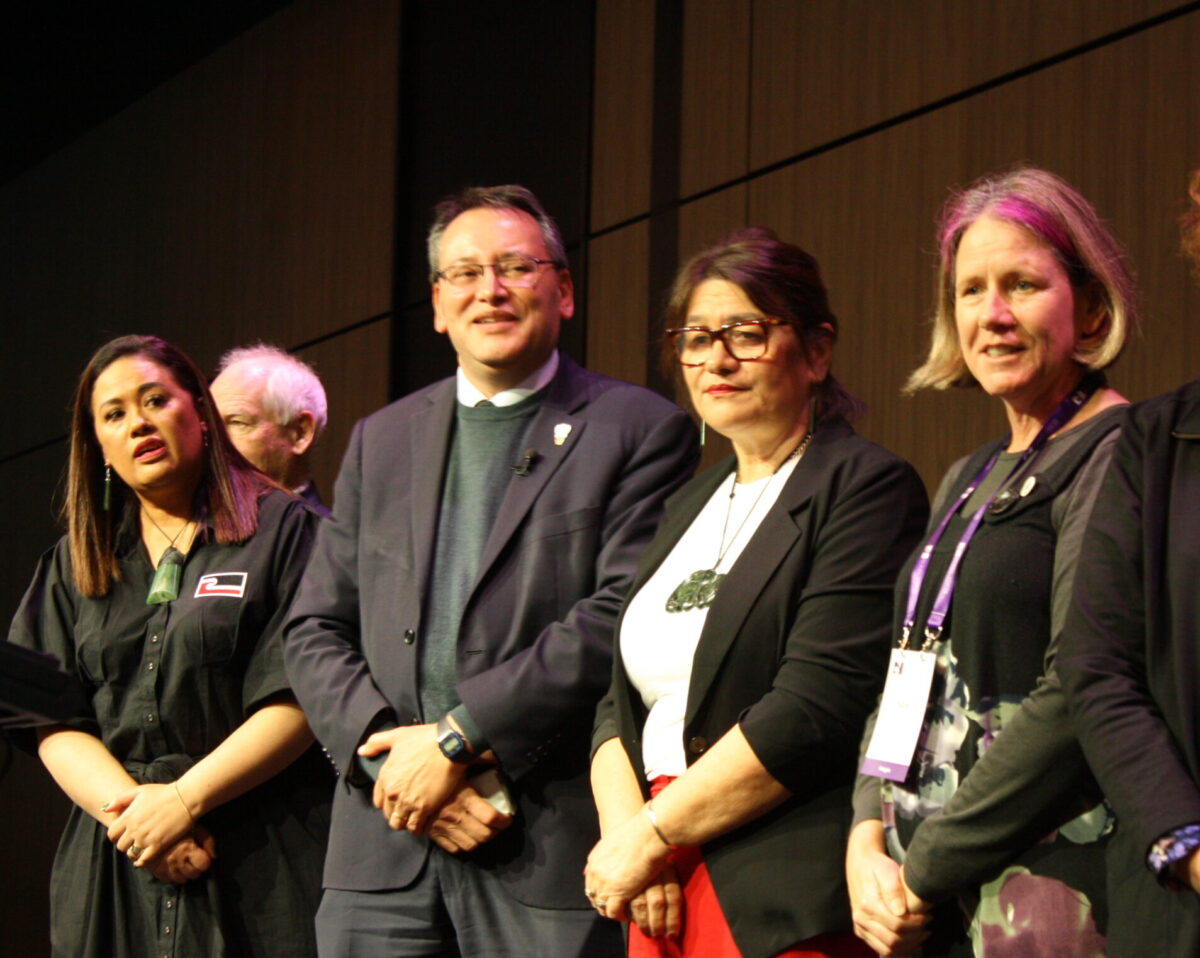“Where is this abundance of nurses?” NZNO kaiwhakahaere Kerri Nuku asked nearly 200 members gathered for NZNO’s conference ‘Kotahitanga’ — unity — in Wellington this week.
“Our wero [challenge] to you is to have a conversation with nurses on the ground,” she said, although Reti had already left. He departed immediately after his speech without taking questions.
‘I’d really like to know who the nurses are that are informing him that’s there plenty of staff to go around.’
“It’s great for the minister to come and front nurses – but I’d really like to know who the nurses are that are informing him that’s there plenty of staff to go around,” she said to loud applause. “Because that is certainly not what we’re hearing,” said Nuku, adding she saw many “locking eyes” over the comments.
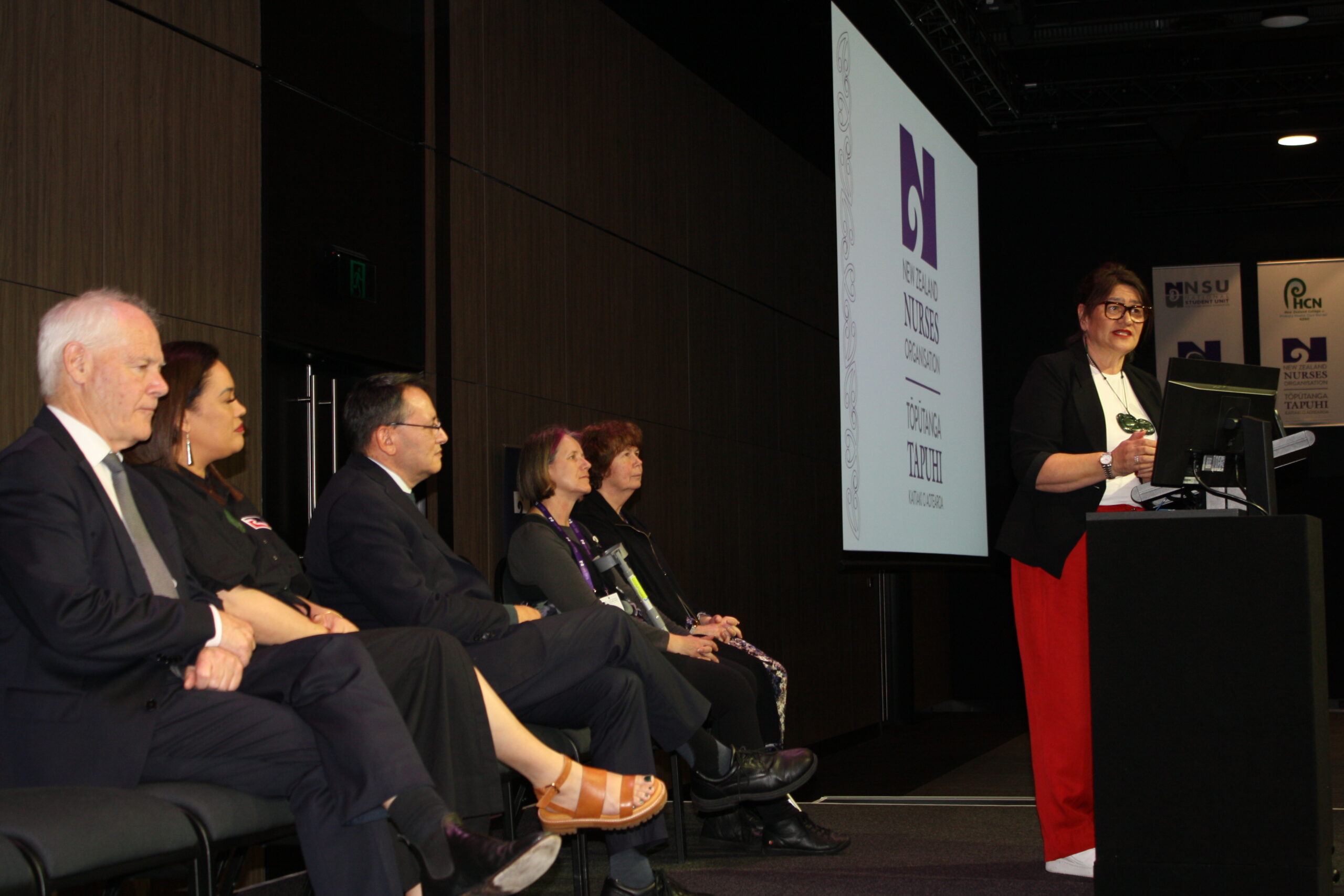
Others wanted to know what he was doing to help nursing graduates find work amid budget cuts and a hiring pause.
Plenty of nurses on the floor?
Reti said in his opening kōrero there were more nurses than ever before in the hospitals, with 29,404 full-time-equivalent (FTE) nurses — 2900 more than last year.
“We’ve had huge success recruiting over the past year to the point where we no longer have the same pressing need for internationally-qualified nurses [IQNs],” Reti said.
‘You are a highly diverse, highly educated, degree-prepared, quality workforce — you do important work and for that I sincerely thank you.’
IQNs are leaving New Zealand in droves because they can no longer find work — having often paid thousands for competency assessment courses.
A spokesperson later said Reti had not been signalling changes to IQN’s fast-track immigration settings, but acknowledging their contribution over the years.
However, at the conference Reti said the focus now was building “our own home-grown, culturally competent workforce — and I have expressed this as a priority to Health New Zealand”.
Targets ‘opportunity’ for nurses
Speaking about targets for faster emergency, cancer, specialist and elective care, as well as increased childhood immunisation, Reti said a smoother running health system would allow workers to provide the best care.
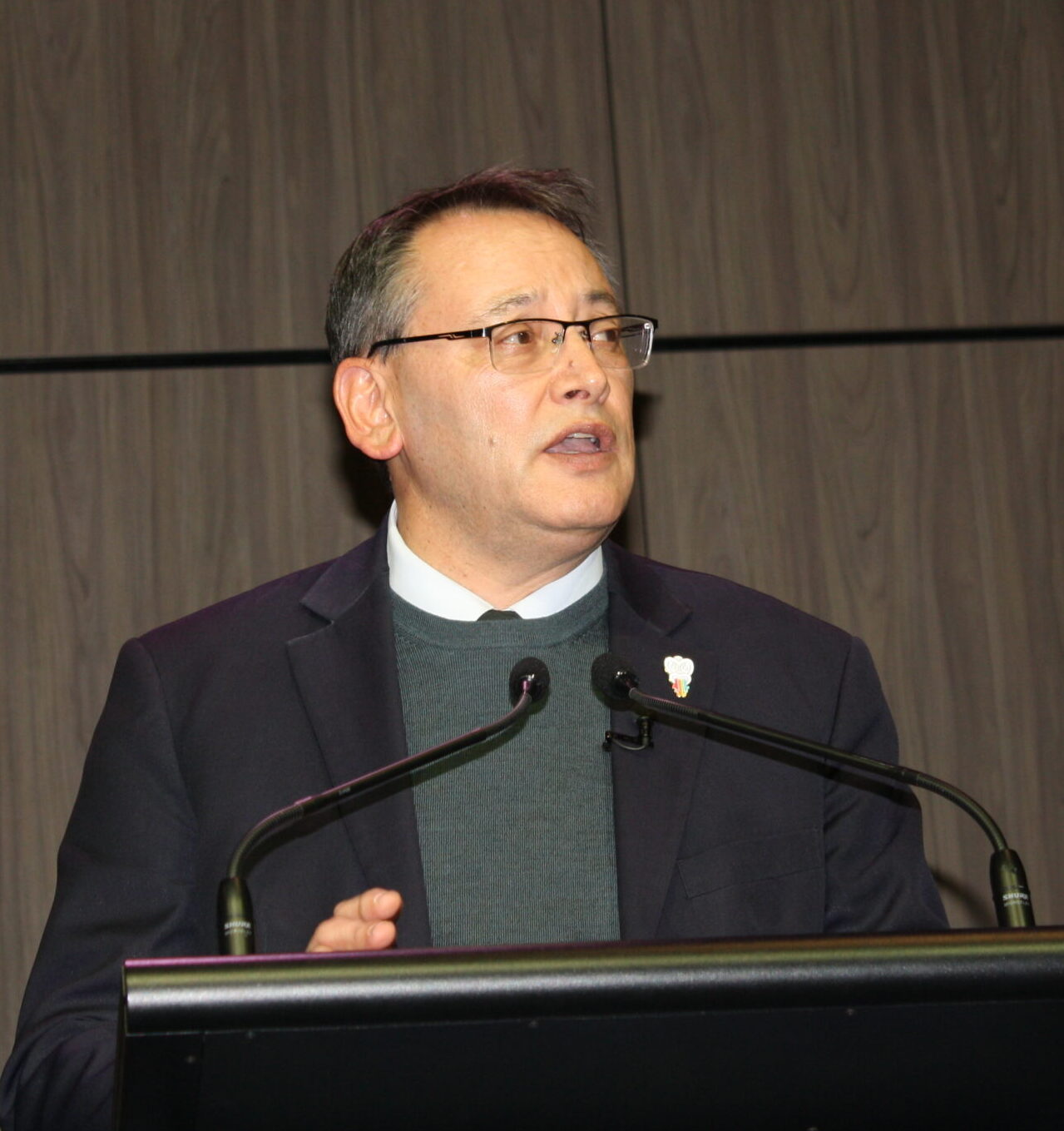
However, the workforce was also the health system’s great challenge, he said.
There were particular nursing shortages in community and mental health, rural hospitals and critical and maternity care.
A health workforce plan was coming which would outline how pressures would be eased — and “make sure we have the right people with the right skills” in place.
He said nurses, as the largest health workforce at more than 81,000, had an “immense opportunity to contribute” to the Government’s targets.
“You are a highly diverse, highly educated, degree-prepared, quality workforce,” he said. “You do important work and for that I sincerely thank you.”
‘How are you going to ensure that the nursing students coming through can get a job?”
Reti urged all nurses to consider “all the potential opportunities ahead and ways you can increase your scope of practice”.
‘Not the reality’
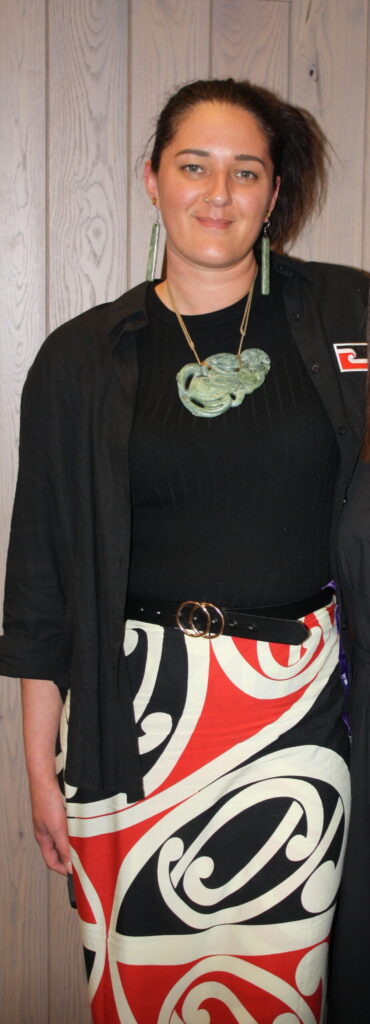
Third-year student and outgoing NZNO student co-leader Shannyn Bristowe said afterwards the minister’s words made her feel “angry” as she did not feel nurses were being supported.
In reality, the frontline nursing workforce was “burnt out” and understaffed.
“He’s not listening to people – so how is he going to hear what we are saying?”
Nor were there any reassurances for new graduates hoping to enter the workforce, she said.
“How are you going to ensure that the nursing students coming through can get a job?”
The two-day hui also included the NZNO annual general meeting (AGM) and discussions on the review of the NZNO constitution, as well as a panel discussion on the challenges facing the health system.
Kaitiaki will be providing further coverage.



